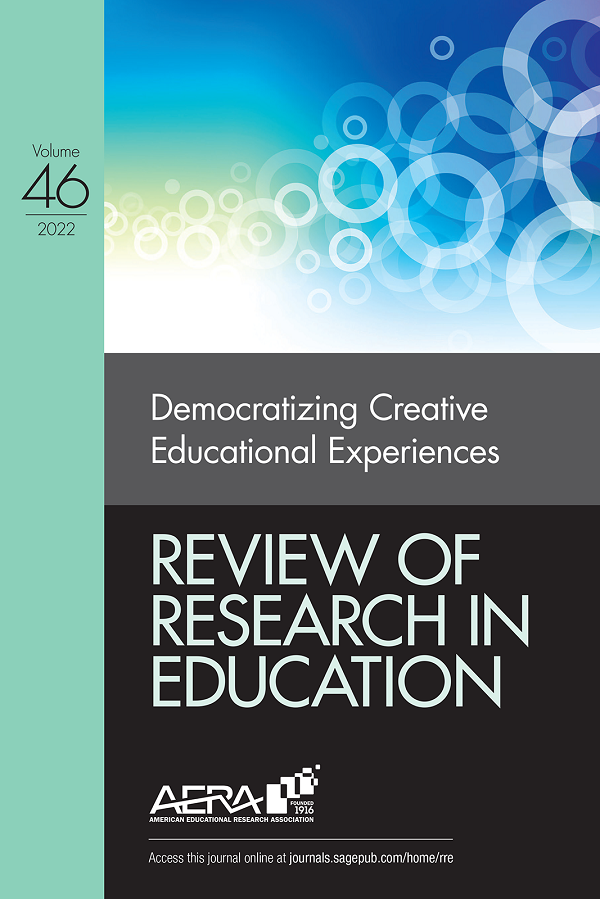Intersectionality and Educational Leadership: A Critical Review
IF 2.4
1区 教育学
Q1 EDUCATION & EDUCATIONAL RESEARCH
引用次数: 33
Abstract
In this review of research, we explore intersectionality in the literature on K–12 educational leadership. We seek to understand how researchers have used intersectionality and what their findings or arguments reveal about the work of leading to reduce inequities in education. We ask, What traditions and trends associated with intersectionality have been brought into educational leadership research to inform the development of transformative leadership? The sample includes 15 articles published in peer-reviewed journals between 2005 and 2017. We identify the themes individualism and knowledge relations, which leads us to three interrelated findings concerning conceptions of leadership and intersectionality. We find that intersectionality primarily (1) is used to support micro-level analysis rather than both micro-level and macro-level analysis of the inequities being confronted by leadership practice, (2) is used to focus on individuals’ experiences as “leaders” and “leadership” capacity rather than “leading” practices, and (3) serves as an emergent knowledge project in its support of agendas related to transformative educational leadership. We discuss how the use of intersectionality, conceptions of leadership, and leadership and research practices coincide, pointing to the implications for the continued use of intersectionality in educational leadership, and provide recommendations to support the use of intersectionality in future research.交叉性与教育领导力:批判性评论
在这篇研究综述中,我们探讨了有关K-12教育领导的文献中的交叉性。我们试图了解研究人员如何使用交叉性,以及他们的发现或论点揭示了导致减少教育不平等的工作。我们的问题是,哪些与交叉性相关的传统和趋势被引入了教育领导力研究,从而为变革型领导力的发展提供了信息?样本包括2005年至2017年间发表在同行评议期刊上的15篇文章。我们确定主题个人主义和知识关系,这导致我们三个相互关联的发现有关领导和交叉性的概念。我们发现,交叉性主要(1)用于支持微观层面的分析,而不是微观层面和宏观层面对领导实践所面临的不公平现象的分析;(2)用于关注个人作为“领导者”和“领导”能力的经验,而不是“领导”实践;(3)作为一个新兴的知识项目,支持与变革教育领导相关的议程。我们讨论了交叉性的使用、领导力的概念、领导力和研究实践是如何一致的,指出了在教育领导中继续使用交叉性的含义,并提供了建议,以支持在未来的研究中使用交叉性。
本文章由计算机程序翻译,如有差异,请以英文原文为准。
求助全文
约1分钟内获得全文
求助全文
来源期刊

Review of Research in Education
EDUCATION & EDUCATIONAL RESEARCH-
CiteScore
15.70
自引率
0.00%
发文量
14
期刊介绍:
Review of Research in Education (RRE), published annually since 1973 (approximately 416 pp./volume year), provides an overview and descriptive analysis of selected topics of relevant research literature through critical and synthesizing essays. Articles are usually solicited for specific RRE issues. There may also be calls for papers. RRE promotes discussion and controversy about research problems in addition to pulling together and summarizing the work in a field.
 求助内容:
求助内容: 应助结果提醒方式:
应助结果提醒方式:


